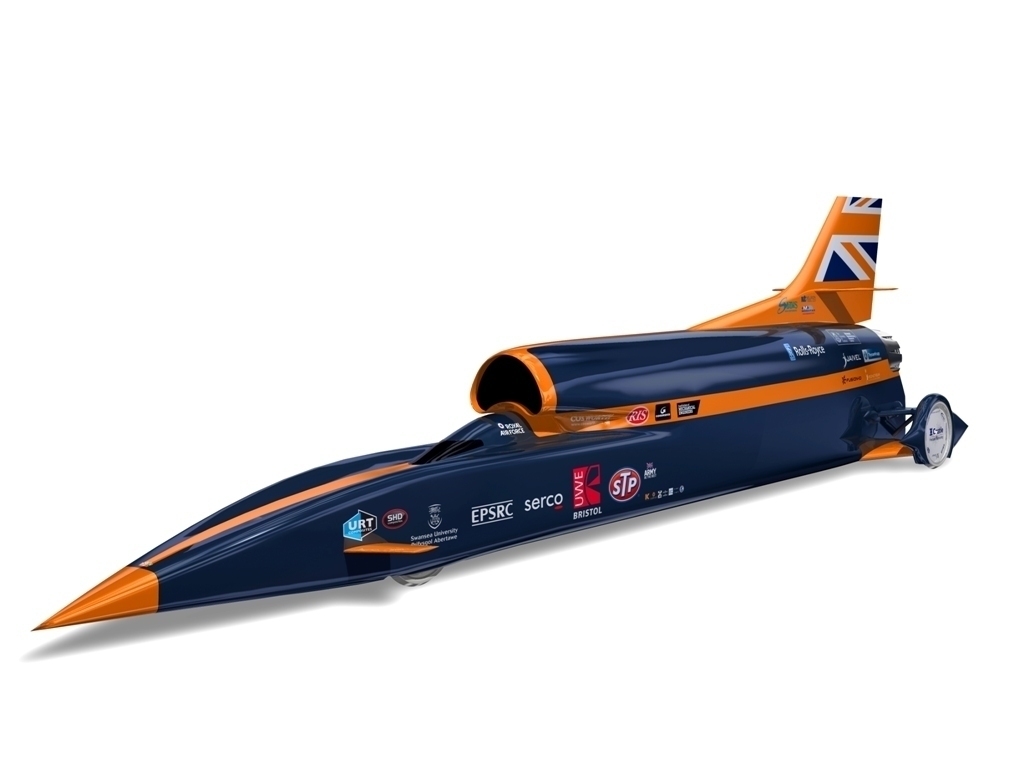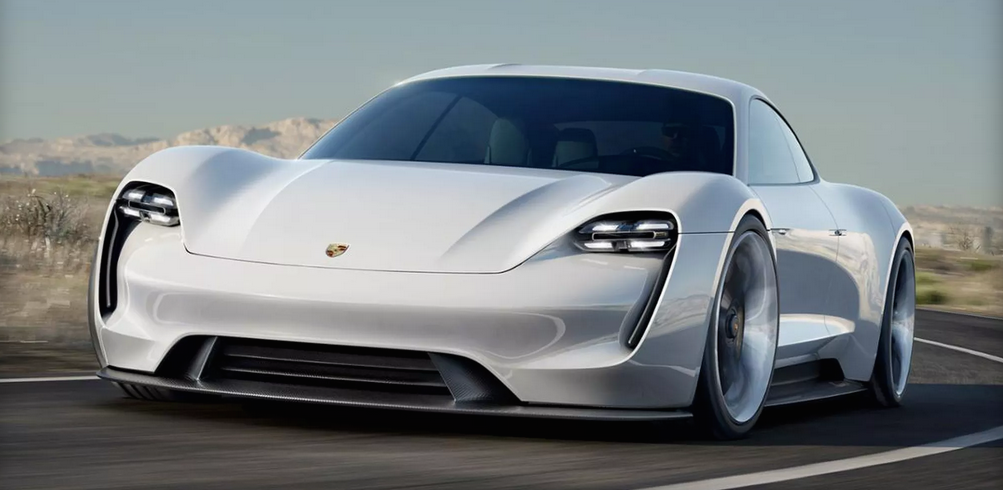Author: The Conversation
The dust has now settled on the latest product launch from Apple, which for many trumped headlines about refugees, poverty and the battles for the Republican nomination and leadership of the UK Labour Party. We have new iPads, iPhones and more. But how new are they really? Innovation is often characterised as being either “radical” or “incremental”. When it is radical, it sets new precedents and fundamentally changes the way we do things. From self-administered insulin to solar powered houses to driverless cars, radical innovation releases potential. Incremental innovation on the other hand builds upon what is already there in…
A new front in the war against online advertising has opened up with the official release of Apple’s latest mobile operating system, iOS 9. The most contentious feature was the ability for the mobile version of Safari to allow extensions to block ads. Not only was there ad blocking software ready for installation on the day of the launch, but one application, Peace, became the top downloaded paid app on the iTunes App Store. The developer, Marco Arment, justified the need for ad blocking because online ads were engaging in excessive tracking and taking up space, data allowance and generally…
“And so it begins … ISIS flag among refugees in Germany fighting the police,” blared the headline on the Conservative Post; “with this new leaked picture, everything seems confirmed”. The image in question purported to show a group of Syrian refugees holding ISIS flags and attacking German police officers. For those resistant to accepting refugees into Europe, this story was a godsend. The photo quickly spread across social media, propelled by far-right groups such as the English Defence League and Pegida UK. At the time of writing, the page claims to have been shared over 300,000 times. The problem is,…
When people say “privacy is dead”, it’s usually for one of two reasons. Either they truly believe that privacy is irrelevant or unachievable in today’s hyper-connected world or, more often, that not enough is being done to protect privacy when huge amounts of personal information are being posted online. Although I agree more could be done to protect privacy online, I believe that privacy is not dead, it’s just changing forms. While it’s true that we’re sharing more information online than ever before, this doesn’t mean that we no longer care about privacy. On the contrary, some curious trends in…
Facebook CEO Mark Zuckerberg recently announced that the company is finally working on a much-desired feature: a “dislike” button. According to Zuckerberg, this feature has long been one of those most-requested by the Facebook audience. Although his comments suggest that the new button more likely will express sympathy or empathy, rather than simple dislike, Facebook users have nevertheless greeted the announcement with enthusiasm. https://twitter.com/hansabumsadaisy/status/643950794434322432?ref_src=twsrc%5Etfw But why is Facebook introducing the button now, after so many years of audience lobbying and corporate resistance? One explanation could be the changing profile of the site’s users. Facebook is increasingly a technology used by…
After a slow start, electric vehicles are gaining in popularity. London is now host to an electric car-sharing service, which proved successful in Paris. Sales of electric vehicles have seen significant rises in the last year. Now Volkswagen has unveiled a battery-powered Porsche that is capable of travelling 500km on a single charge and refuelling in just 15 minutes. Not that long ago the traditional car industry was accused of limiting the progress of electric vehicles. In the 2006 documentary, Who killed the electric car?, S David Freeman said: “I think the clean car is too important to be left…
The greatest barrier to extending internet use in South Africa, and indeed in most African countries, is the cost of data. In South Africa one gigabyte of data on mobile networks – the only means of accessing the internet for most – is R149 (pre-paid). This means that for millions of people in the country data is a luxury. So when mobile operators start giving some of this valuable commodity for free it warrants attention. From July, the country’s third-largest mobile services provider Cell C started offering some services such as Facebook and Wikipedia for free without paying for the…
Just because you may not have seen a drone overhead doesn’t mean it hasn’t seen you. And, as was demonstrated by the killing of two British jihadis in Syria recently, these unmanned aerial vehicles are increasingly deployed by the West as frontline weapons of war. Drones are set to become a defining feature of this century. Thousands are already in operation in most developed countries worldwide – and that is likely to grow to hundreds of thousands as drones of different shapes and sizes are deployed by the media, emergency services, scientists, farmers, sports enthusiasts, hobbyists, photographers, the armed forces…










